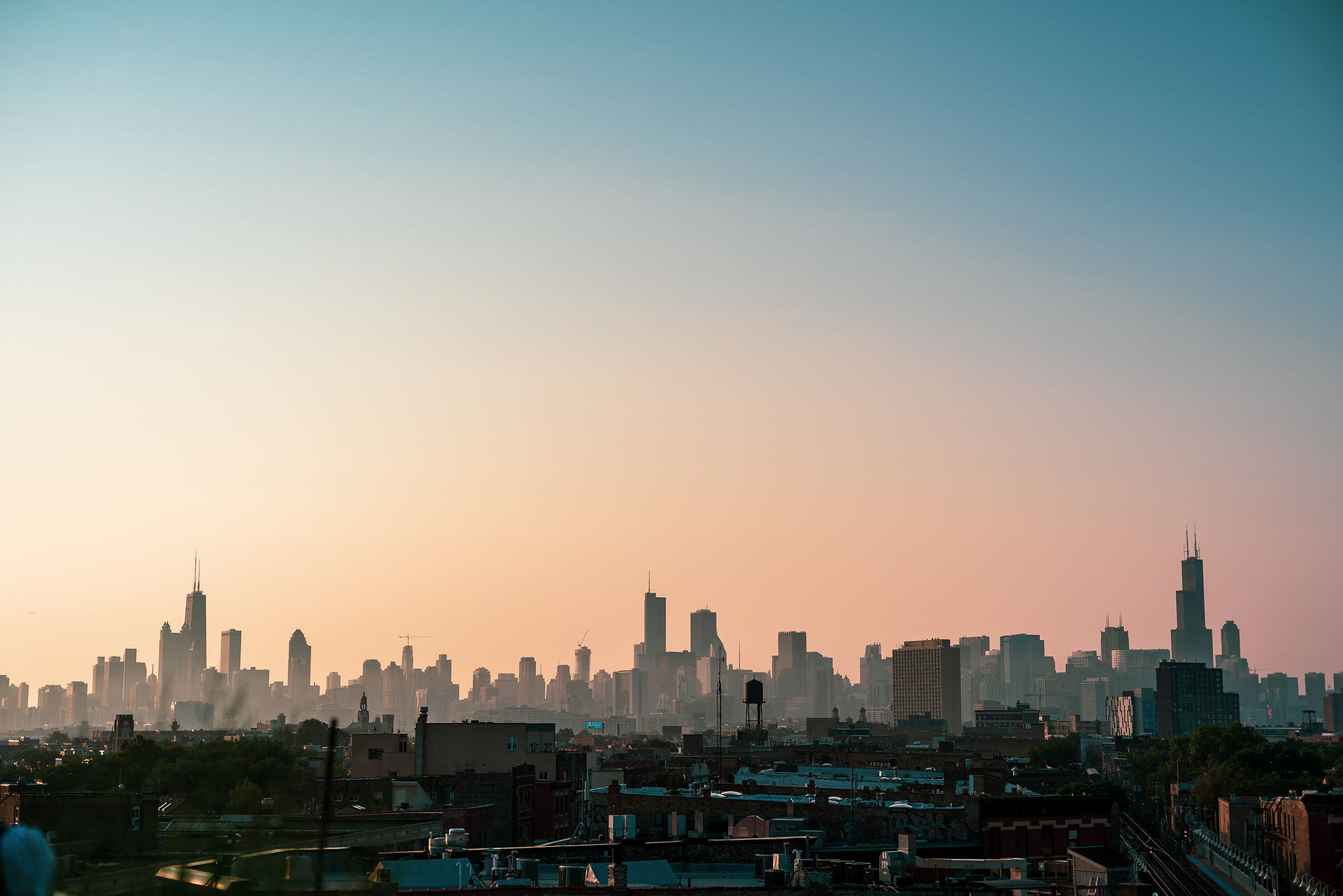COMMUNITY IN HUMBOLDT PARK AND NW CHICAGO ASK WHY THEY WERE LEFT OUT OF THE CANNABIS REVENUE GRANTS
- Jennifer Lopez

- Jan 29, 2021
- 3 min read
Governor JB Pritzker needs to correct the structural racism within the state funding structure which left Latino communities out of the state’s Restore, Reinvest, Renew (R3) Grant Program, a funding stream created by a legislative mandate when the sale of recreational cannabis was legalized in early 2020. “Many Latinx leaders and elected officials advocated and voted on the Cannabis Regulation and Tax Act with two things in mind: we would stop the criminalization of cannabis specifically in communities of color and that we would
see Latinx community based organizations and business owners be a part of the birth of the cannabis business here in Illinois,” says Jessie Fuentes, Co-chair of the Puerto Rican Agenda. ” I am disappointed and angry to see that yet again we have failed in ensuring that decisions for who is granted a seat at the table are equitable.” The latest list of awardees is not representative of all organizations and communities. Latinos are one of the communities most impacted by the failed war on drugs and yet the Boxing Club in Little Village is the only Latino community based organization of 80 awardees to be funded. This is not equity.
Other Latino led and serving community groups in Humboldt Park and the Northwest side are asking why the state has failed their community. The goal of R3 funding was to reinvest cannabis revenue back into communities that were systematically destroyed during the failed war on drugs. Immigrant rights activist and longtime leader of Centro Sin Fronteras, Pastora Emma Lozano, said, “It's outrageous that not a single Latino group or organization was selected. I can't say I'm surprised, we are historically neglected, ignored, and taken for granted. We are the largest minority in Chicago and the State of Illinois. I expect our Latino Representatives are prepared to fix this injustice. The word is called equity and we Latinx take it very seriously. Give us our fair share”
Pastora Lozano is calling out the fact that the majority of Chicago groups which received R3 funding were large institutions rather than the community based organizations that have historically had to address the direct consequences of marijuana related incarceration. Of the over 80 awards allocated by the state last week, 24 awards were given to organizations in the Chicago area. Of those 24 organizations, zero were Latino community- based organizations. Community- based organizations serve as pillars of service in Chicago neighborhoods where City, State, and Federal governments have failed to invest. For decades, organizations like The Puerto Rican Cultural Center have constructed a communal trust and have provided much needed services to formerly incarcerated members of the community. “The Puerto Rican Cultural Center has worked on issues of criminal justice reform since the early 70’s when we helped to create the ALAS program at stateville penitentiary in response to the War on Drugs - a war on communities of color, we created campaigns to address issues such as recidivism, expungement, and the criminalization of our youth. We believe it is time for Illinois to invest in our community efforts following the best practices of equity with that funds are received from cannabis sales,” stated Dr. Jose E. Lopez, Executive Director of The Puerto Rican Cultural Center.
Latinos are 17% of Illinois’ population and as a group have a significant impact on the Illinois’ economy. As of 2019, Illinois ranks fifth of ten states with the largest Latino Buying power at $56 billion, which accounts for $9.2 Billion of the total US buying power. Illinois’ 56,567 Latino-owned businesses had sales and receipts of $10.3 billion and employed 77,449 people in 2007, the last year for which data is available. Latinos are a critical workforce that our state should work to support and protect. $31.6 million was allocated to groups statewide through the R3 program, to achieve equity, $5 million should have been granted to Latino led and serving organizations.
Moving forward in finding a solution the Puerto Rican Agenda in partnership with other community leaders are committed to correcting this wrong by working closely with The Illinois Latino Legislative Council and other allies, who we hope will make it a priority to ensure equity is put into action. We must continue to push the state to ensure that current and future funding opportunities no longer ignore the Latino community at large, not only in the City of Chicago but the entire State of Illinois.








Comments